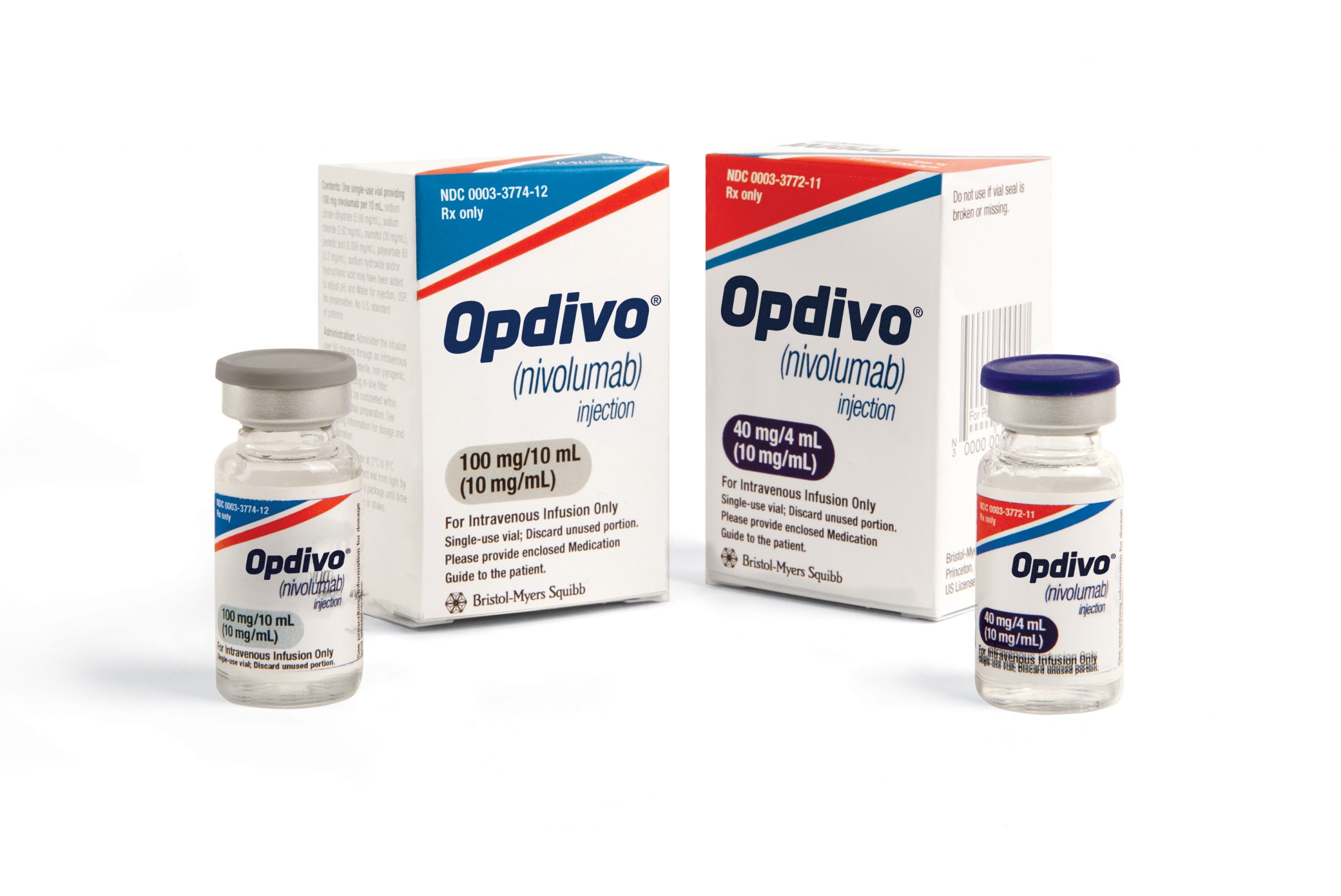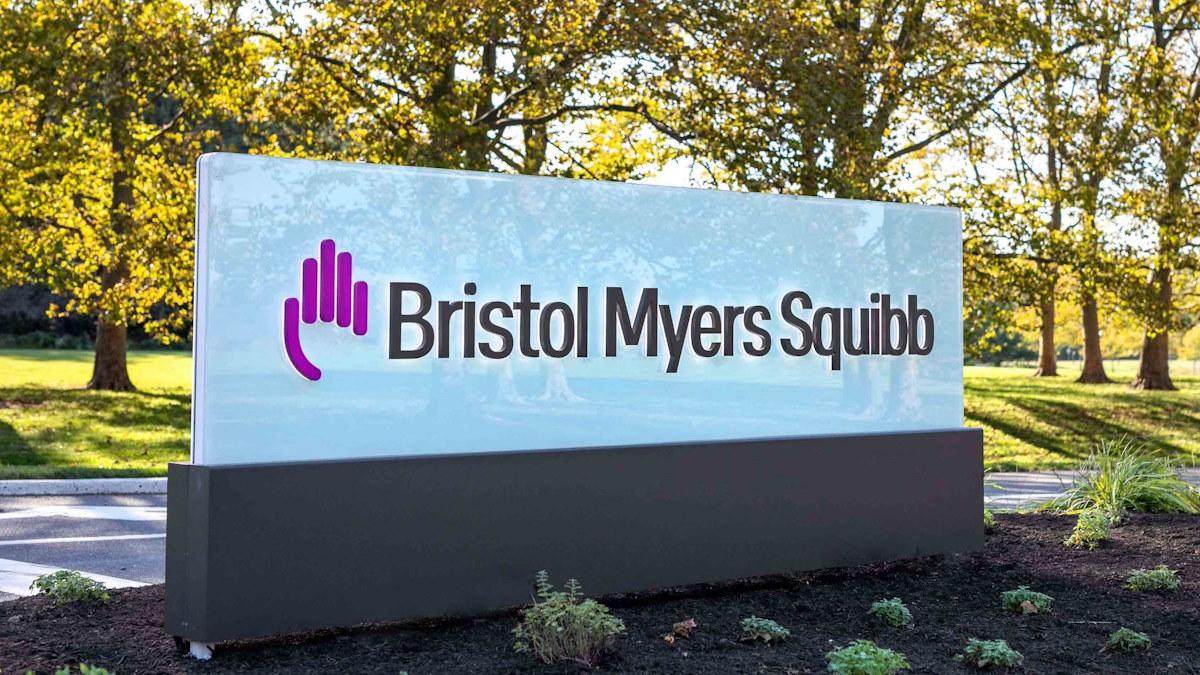BMS suffers further setback in lung cancer

Bristol-Myers Squibb will not pursue early FDA filing for its Opdivo plus Yervoy combination in first line lung cancer – news which sent shares down more than 10% on Friday.
Shares in rival Merck & Co ticked up, as its rival Keytruda is already approved in this indication.
The news was set against the backdrop of Donald Trump’s inauguration, street protests against the incoming president, and a dip in biotech stocks because of pricing control fears.
BMS said it would not pursue an accelerated regulatory pathway for its combination in the indication with the FDA, based on a review of currently available data.
In order to protect the integrity of ongoing registrational studies, BMS said it would not provide further details.
The announcement is further bad news for Opdivo (nivolumab), which a year ago had a clear lead in the cancer immunotherapy market over Merck & Co’s rival, Keytruda (pembrolizumab).
But that all changed in August when Opdivo failed in a key first-line lung cancer trial, leaving the door open for Merck and Keytruda.
Keytruda was then approved in first-line lung cancer in October last year and BMS has been left playing catch-up in this key use.
The news erased any gains BMS had made since it gave further details about the first-line non-small cell lung cancer trial in October - it emerged at the European Society of Medical Oncology (ESMO) conference that the trial failed because the patient group it targeted was too broad.
https://twitter.com/JacobPlieth/status/822454097630691328
https://twitter.com/RudyHavenstein/status/822521032187596802
The only upside for BMS is the patent case it just settled with Merck, which means it will receive a royalty from all sales of Keytruda.













